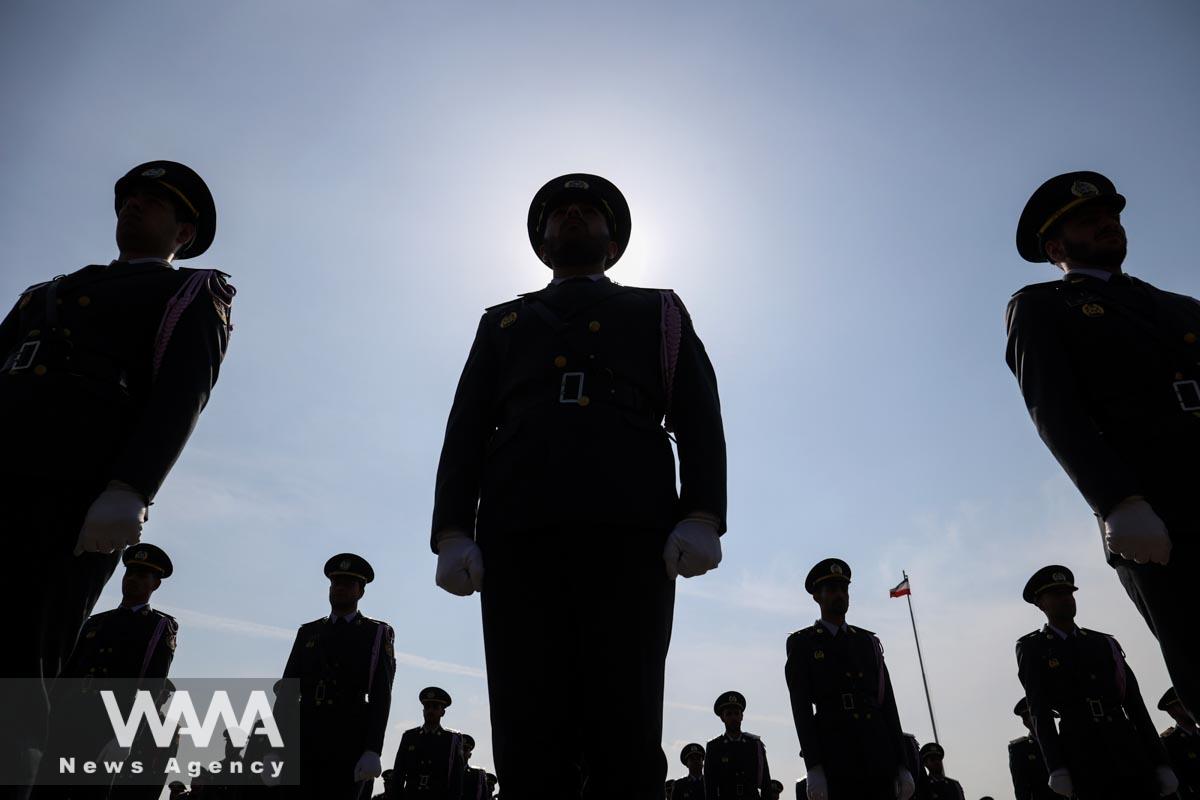Combined Power: A New Shield for Iran in a Turbulent World
WANA (Sep 05) – Imagine a country that, without firing a single bullet, is able to expand its influence globally and turn threats into opportunities. This is the power a nation can achieve by relying on “combined power,” a concept that in today’s world determines the survival of nations amidst complex international challenges.
Combined power goes beyond military capability; it is the synergy of military, diplomatic, economic, and cultural tools that strengthens a country’s resilience against global challenges.
Combined Power vs. Hard Power
Hard power is just one part of the equation. It relies on military force and physical pressure to quickly achieve its objectives. However, this power, like a double-edged sword, may produce short-term results, but in the long run, without the support of other dimensions of power, it loses its effectiveness.
In contrast, combined power is comprehensive and balanced. It not only utilizes military tools but also incorporates soft power, such as cultural influence, diplomacy, and trust-building, along with smart power—a strategic blend of both hard and soft power.

Iran’s Success: Mossad Spies Identified in 28 Nations
WANA (Aug 18) – Today, Hujjat al-Islam Seyyed Ismail Khatib, Iran’s nominee for Intelligence Minister, spoke in front of Parliament. He defended his plans for the ministry and explained its key roles in intelligence gathering and national security. He stated that the ministry is guided by Imam Khomeini’s principles and the Supreme Leader’s directives. […]
Factors Enhancing Combined Power
1. Strong Internal Force
A strong country cannot succeed without popular support. A strong internal force acts as the backbone of combined power. When the public aligns with the government’s policies and decisions, the state can act with more confidence on the international stage.
2. National Interests as the Core of Decision-Making
Unlike hard power, which focuses more on military and security interests, combined power considers a broad range of national interests. These interests are not limited to military security but also encompass economic, cultural, social, and even environmental goals.
3. Balanced Foreign Policy
A balanced foreign policy means maintaining diverse and robust relationships with various countries, so that any changes in the international environment have minimal negative impact on national interests. Such a policy strengthens the country against external threats and creates new opportunities for growth and development.

Honorable Diplomacy and Conflict Management: Araqchi’s Strategy for Iran’s Future
WANA (August 16) – Seyed Abbas Araqchi, a prominent Iranian diplomat and former senior negotiator in the nuclear talks, has been proposed as the Minister of Foreign Affairs by the new President, Masoud Pezeshkian. Araqchi, with extensive experience in foreign policy, has a comprehensive and balanced plan to manage Iran’s relations with Europe and the […]
Why is Combined Power Vital for Iran?
Iran is currently at one of the most critical junctures in its history. In the 1400s (the current century in the Iranian calendar), it faces challenges that cannot be overcome through military power alone. Combined power is the shield that can protect Iran from these challenges. Foreign policies supported by strong domestic backing and aligned with national interests not only keep the country away from unnecessary conflicts but also improve Iran’s standing on the global stage.
Ultimately, combined power is the force that can transform Iran from a passive player into a leading actor on the international scene. This power not only secures Iran against external threats but also strengthens national unity and paves the way for a sustainable and bright future for the coming generations. This long-term strategy could be the key to Iran’s path toward development and the safeguarding of national interests.













